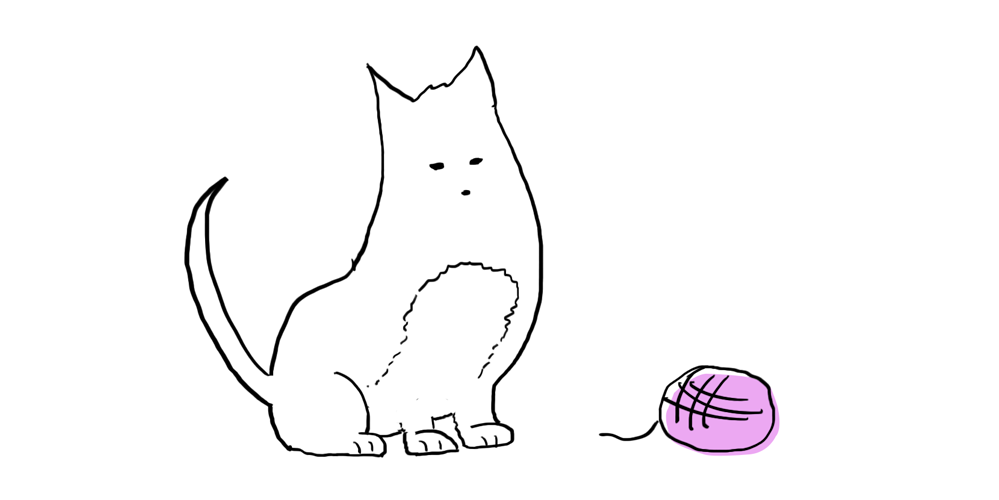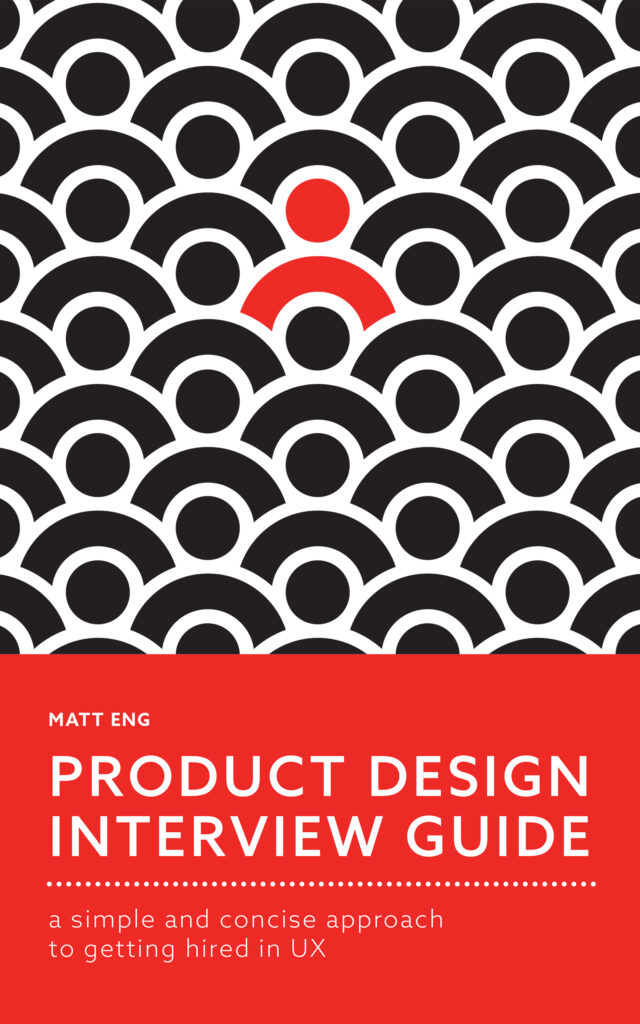We are trained to fight boredom. Our culture tells us that if we are boredom, then we are lazy and not contributing enough. Ironically, finding boredom can actually help us with boost creativity and our ability to solve problems.
What is boredom
In his piece for Frontiers in Psychology, “Frontiers in Psychology”>The Bright Side of Boredom,” Andreas Elpidorou describes boredom to be a state where we find the world to be uninteresting, distant, and foreign. It is not a world that aligns with our values or desires. At first, finding ourselves bored might cause uneasiness. It also informs us of what is truly important to us. It communicates that the current situation is not important.
How daydreaming affects your brain
According to a study by Georgia Tech associate professor Eric Schumacher, “people with efficient brains may have too much capacity to stop their minds from wandering.” Schumacher and his co-author, Christine Godwin researched 100 participants with a number of methodologies that examined how often their minds wandered daily and their level of creativity. They showed a correlation with those who reported more frequent daydreaming with higher creative abilities.
When left to our own device for about fifteen minutes, our minds shift to a mode that pans through connections. Michael Harris discusses in his article in Discover Magazine that at first, these seem completely random. The brain is actually exploring problems with an openness that we might never consciously believe to be possible.
How boredom boosts creativity
Daydreaming is an inherently creative process. Let your mind wander. Fundamental thinkers like Einstein and Newton were aware of the benefits of daydreaming. Jordan Rosenfeld writes in her article for Quartz, “I Kicked My Smartphone Addiction by Retraining My Brain to Enjoy Being Board, ”those creative ideas come up more when we allow our minds to drift. The research for a 2014 study in the “Journal of Experimental Social Psychology,” found that self-proclaimed bored people are more prone to divergent thinking styles. Their boredom encouraged them to spark associative thoughts.

Boosting creativity by embracing boredom and letting your mind wander.
Boredom can help put our work into perspective. Andreas Elpidorou states that it can help us restore meaning and significance in our activities. Boredom is both a warning that we are not doing what we want to do. It also helps push ourselves to achieve bigger goals or alter them to something more fulfilling.
Recognize the natural “boring” times
There are times when I feel my mind wander in the day. For me, they are the 40-minute drive to and from work, the 30 minutes before lunch, and between 3:30 and 4:30 PM. After I reframed boredom as a tool for creativity, I discovered an extra two and a half hours in my day where I can be free to explore.
The commute is a time for me to listen to podcast and audiobooks. Some are about productivity. However, I use that time to listen to stories about design, science, or everyday things I find interesting. During the period before lunch and the time after most of the meetings are done, I find that no one is looking for me. That gives me some breathing room to wander around the office. I grab a sketchbook and walk around floors and buildings that I do not usually see when rushing between meetings. Sometimes I discover a part of the office houses a business unit no one knows about. Other times I spot an unclaimed couch to sit down and sketch.

Boost creativity by building in time for boredom
Take note of those natural times during the day when your brain wanders away from tasks. Experiment with how you can embrace those moments. Keep a pen and notebook with you to capture ideas. Manoush Zomorodi ponders in her TED talk, “How Boredom Can Lead to Your Most Brilliant Ideas, “ that a little boredom can help you find some much-needed clarity in your life.
Interested in more posts? Read more about creativity and flow state.
Become a Patron!
Help bring more content on design and creativity by supporting the work on Patreon.
Sign up for newsletter. Get insights from other interviews as well as past transcripts.

